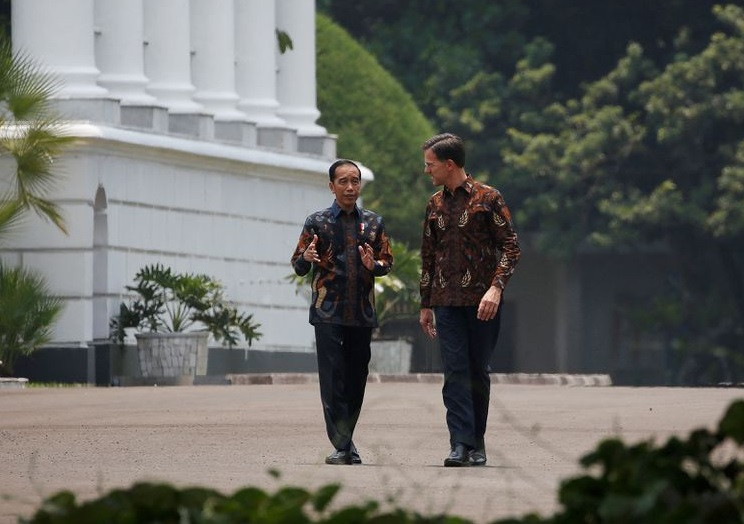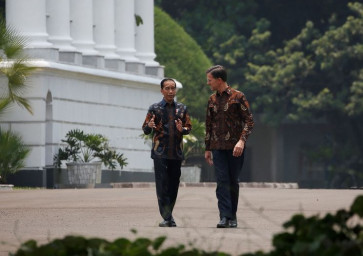Popular Reads
Top Results
Can't find what you're looking for?
View all search resultsPopular Reads
Top Results
Can't find what you're looking for?
View all search resultsThe Netherlands’ apology is not enough
Efforts should be made with the Indonesian government and people of today to give space for their own voice toward real reparation, not just issue an apology that perpetuates the dominance of the colonial narrative.
Change text size
Gift Premium Articles
to Anyone
N
etherlands Prime Minister Mark Rutte has finally offered an apology for the “extreme violence” of mass detentions, torture and executions carried out by Dutch colonical forces during the 1945-1949 conflict in Indonesia, but it could well be argued that such apologies alone are not enough.
State apologies for prior transgressions and wrongdoings are by no means a new phenomenon. In 2002, the Belgian government apologized for its role in the murder of Congolese president Patrice Lumumba, but many considered the apology to be inadequate. The issue received renewed attention yet again in 2020, when the Belgian king was called out for seeking to maintain the dominant Eurocentric narrative by only expressing “regrets” for “wounds of the past”.
Though the Dutch government may think it is in the right, its apology seems like little more than the flaunting of liberal European credentials.
Though the Dutch Prime Minister’s apology may be welcomed by some as a step in the right direction and by others as more than adequate, there are major issues with the way it was presented and as such, with the apology as a whole.
Despite admitting the extreme violence that took place and the consequent deaths of over 100,000 Indonesians, Rutte’s apology included clear caveats, justifications and excuses, offering an “official” narrative of what happened. The apology says that blame does not belong to individual soldiers, instead arguing that “the prevailing culture was one of looking away, shirking and a misplaced colonial sense of superiority”.
This is a strikingly clear example of an attempt to keep justifying actions of the past on the system of the time. This in itself is an argument often used by populists who argue against state apologies. It is also shocking that the Dutch state has essentially given the soldiers involved a clean pass for their atrocious actions at the time, which seems like a clear political decision to minimize the apology’s political impact at home.
Admittedly, while it may not be possible or even desirable to seek the criminal prosecution of those involved on an individual level, those soldiers did not have to be let off the hook. Their roles should have been admitted as clearly as that of the state, instead of pandering to their descendants and those on the right.



















